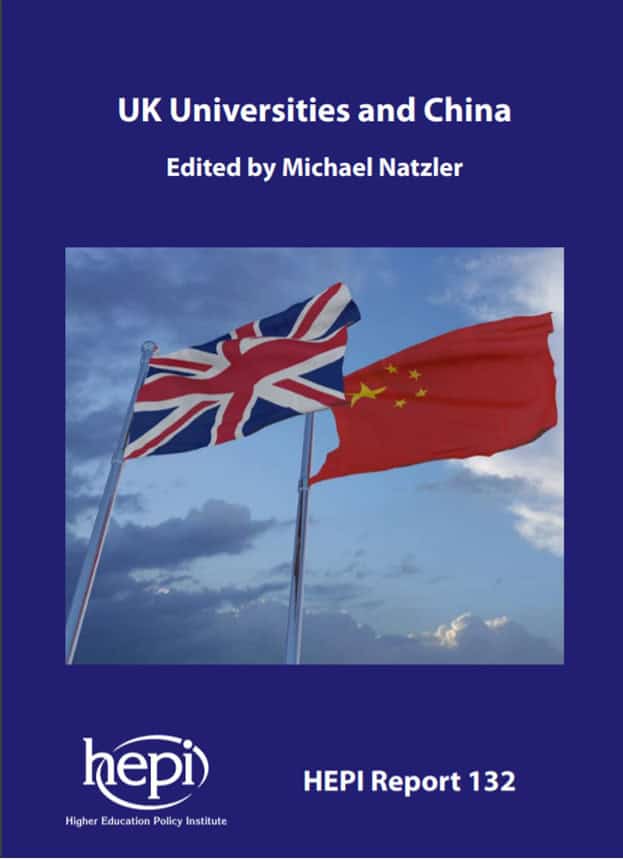Why do many UK universities keep their work with international student recruitment agents secret?
This blog was kindly contributed by Vincenzo Raimo Chief Relationship Officer at Unilodgers & Iona Yuelu Huang, Senior Lecturer at Harper Adams University in the UK.
Enzo and Iona have been working together on the role of agents in international student recruitment for a number of years. They are co-authors with Christine Humfrey of the guide Managing International Student Recruitment Agents and an article Power and control: managing agents for international student recruitment in higher education in ‘Studies in Higher Education’. They are currently collaborating as part of an international team researching the effectiveness of legal and relational methods adopted by universities in Australia, the UK and the USA to govern their work agents.
International student recruitment is a competitive and costly business. While most universities in the UK have teams dedicated to the recruitment and admission of students from overseas, some even with their own recruitment offices in-market, a less visible aspect of their international student recruitment effort is the part played by agents.
Universities, particularly in the UK and Australia, have come to rely on the work of commercial international student recruitment agents to achieve their annual international student intake targets. Agents have become even more important to universities during the COVID-19 pandemic while recruiters have been unable to travel and have found it more difficult to connect with prospective students. Surveys pre-COVID suggest that agents support the enrolment of more than 40 per cent of all new international students to UK universities annually with some universities relying almost entirely on agents to achieve their annual enrolment numbers.
Despite the importance of international student recruitment agents to UK universities, their work and the fees paid to them are largely hidden from the view of most academics. Tomorrow’s (Wednesday 18th November) Centre for Global Higher Education webinar, The secret life of international student recruitment agents, aims to shed some light on the relationship between universities and their agents.
While there are reports of dodgy agents exploiting prospective students, falsifying qualifications and charging universities commission for students who should never have been admitted in the first place, the reality is that the majority of international student recruitment agents work in professional organisations. They are often qualified counsellors, typically educated overseas themselves, working hard to advise students on their options and supporting them with the complicated process of applying to an overseas university, getting a visa and making travel, accommodation and other arrangements.
Agents are paid commission, on average 15 per cent of the tuition fee charged to each successfully enrolled student. Some universities also pay volume bonuses and provide other incentives such as ‘familiarisation tours’ of the UK.
Why then is the work of some UK universities with agents kept secret? It may be due to commercial sensitivities surrounding an important income stream or perhaps an unwillingness to openly admit to the role of commercial third parties in the admissions process. Our view is that because agents play a vital part in the journey from researching to applying and eventually enrolling at a university for many international students and good agents should be seen as partners and valued as such and not shrouded in secrecy.
While many universities publish the names and the contact details of the agents with whom they have contracts, some fail to keep those details up to date. Some universities also maintain informal working relationships with uncontracted, or ‘sub-agents’, whose details tend not be shared, or in the case of sub-agents, not even known by the universities themselves. Furthermore, few universities are transparent in their guidance to prospective international students that agents are paid a fee for each student successfully enrolled, let alone how much that fee is.
Transparency in UK universities’ work with agents would have the benefits of better demonstrating the value universities place on their relationships with agents, recognising the important contribution they make to successful international student recruitment and crucially it would help prospective students who wish to make use of an agent find a recommended source of advice and help them understand the basis on which that advice is given.




Comments
Albert Wright says:
This is so sensible those in power will do nothing.
Reply
Add comment